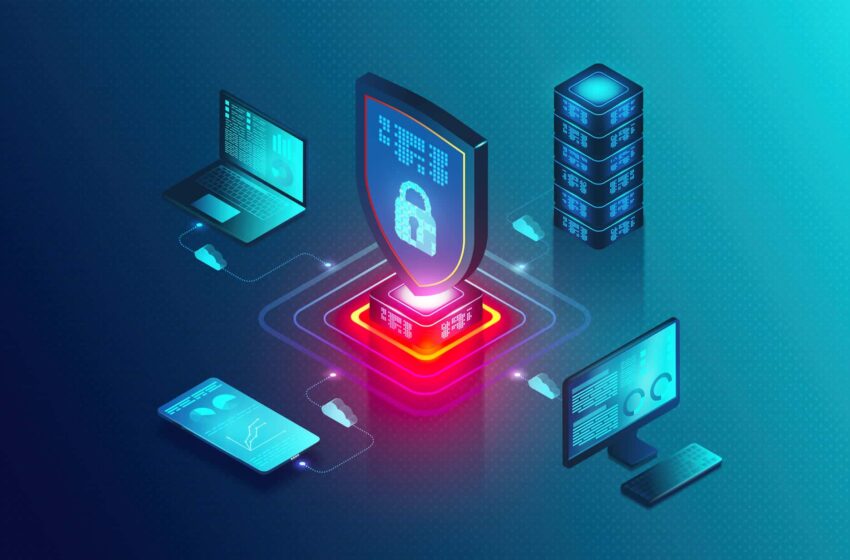7 cybersecurity habits everyone should adopt

7 cybersecurity habits to protect your online life
Cyber threats are more sophisticated than ever. From phishing scams to data breaches, online dangers are a daily reality. Whether you’re a casual internet user or a business professional, good cyber hygiene is no longer optional, it’s essential. Here are seven cybersecurity habits that can help you safeguard your data and privacy.
1. Use Strong, Unique Passwords for Every Account
A weak or reused password is a hacker’s best friend. Create passwords that are at least 12 characters long and include a mix of letters, numbers, and symbols. Using a password manager ensures you can keep track of unique passwords without memorizing them all.
2. Enable Two-Factor Authentication (2FA)
Even the strongest password can be compromised. Two-factor authentication adds an extra layer of security by requiring a verification code, often sent to your phone or generated by an authenticator app, before granting access to your accounts.
3. Be Wary of Phishing Attempts
Phishing emails and fake websites are designed to trick you into revealing sensitive information. Always double-check sender addresses and avoid clicking on suspicious links. If something feels off, verify the request through a trusted contact method before responding.
4. Keep Your Software and Devices Updated
Cybercriminals often exploit outdated software vulnerabilities. Enable automatic updates for your operating system, apps, and antivirus software to patch security flaws as soon as fixes are released.
READ ALSO
Digital Legacy: What happens to your online life after you’re gone?
Digital Fasting: Why everyone’s logging off in 2025 (and how to do it right)
5. Secure Your Wi-Fi Network
An unsecured Wi-Fi network is an open invitation to hackers. Change your router’s default login credentials, use WPA3 encryption, and hide your network name (SSID) if possible. For extra safety, avoid conducting sensitive transactions on public Wi-Fi unless you use a VPN.
6. Limit Personal Information You Share Online
Oversharing on social media can give hackers clues for guessing passwords or security questions. Review your privacy settings and be mindful of what you post, especially details like birthdays, addresses, and travel plans.
7. Regularly Back Up Your Data
Ransomware attacks can lock you out of your files entirely. Keep offline backups on an external drive and cloud backups with strong encryption. This ensures you can restore important data even if your system is compromised.
Cybersecurity isn’t just for tech experts, it’s for everyone. By adopting these seven essential habits, you significantly reduce the risk of falling victim to cyber attacks. The key is consistency: make these practices part of your daily routine, and you’ll enjoy a safer, more secure online experience.

